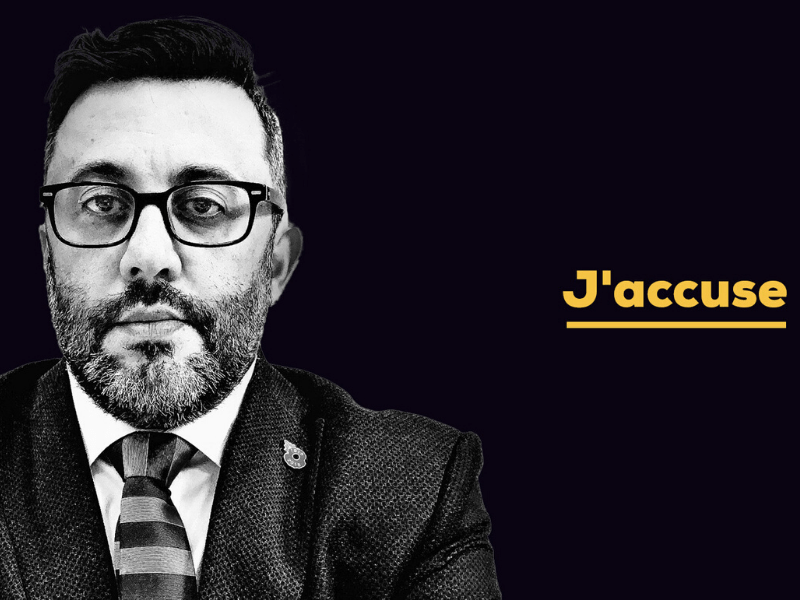In many places across the world, we are witnessing a phenomenon of protests against the rules of lockdown. Protestors in various States invoke their constitutional rights to justify their claim to go back to work or to access their beaches (and even to give up wearing masks).
Catholic movements in Italy referred to the right to religious freedom to protest the delayed restart of celebrations of mass.
Moreover, across the news, we hear of business communities who fear the worst for their survival and therefore would prefer a return to business as usual rather than another day of loss-making quarantine.
The paradox here is that no matter what excuse may be given for breaking the authorities’ recommendations, we are seeing rights being pitted against each other.
The enjoyment of certain freedoms – including the material freedom to go forth and purchase goods or the spiritual freedom of the right of worship – is being counterbalanced with the fundamental constitutional right to health and, consequently, the right to life.
That is what is really happening underneath all this mayhem. In most instances, the protestors do not grasp the danger posed by the virus to the lives of thousands of people (and its potentially devastating impact on the national healthcare system). In other cases, they do understand it but are still willing to take the risk.
Society is supposed to have a sense of self-preservation. Tough times should bring out the solidarity element and the struggle should be viewed as one against external adversity. That implies that society is made up of a weaker fabric when some parts prefer to prioritise their own rights above those of the whole. We are learning that in times of pandemic the collaboration of the entire population is crucial.
Should we begin to make exceptions to prioritise the fancies of a short-sighted section of our community?
Some governments are giving in. We are now in a phase where we are discussing relaxation measures. The warnings from the scientific community remain stern. The dangers of a second wave of infections have been discussed over and over again. Still, the sentiment is one of impatience.
The measures announced by Malta’s government that will start to be implemented today seem to be an attempt to quell the unruly element – once again, the authorities seem unable to steadily hold the fort without bowing to public pressure.
Playing to public sentiment is what Abela’s government does best. For weeks, I have been following the daily moaning of our Foreign Affairs Minister. Until his desperate pre-weekend post feigning exasperation with the trials and tribulations of his political responsibilities, Evarist Bartolo had fed his followers a daily meal of populistic, jingoistic trash that can be summed up as: ‘Little Malta, Poor Libya, Nasty EU’. His has been a daily attempt to purge his sins – particularly that of being responsible for the death of people at sea.
Last week I spoke of how strange it was that Bartolo’s conscience seems to have lain dormant through the Muscat years – never a word of complaint about the EU, never a question about Neville Gafa’s mysterious workings in Libya.
Now, Bartolo is quick to pull out his very own hierarchy of human rights in order to justify Malta’s murder by omission of migrants at sea. The spin seems to be that for national reasons all our international obligations are suspended. Universal human rights become a secondary issue subject to the fancies of a nation and its government that is intent on appeasing its population.
Franco Debono wrote this week about what he termed ‘the insulting need to have legal reforms imposed from the outside’. I tried to explain that what really happens when institutions such as the Venice Commission are engaged is not about imposition of laws but a recommendation to apply a set of standards. The reason why we need such an application is that we are proving, time and again, that we are unable to implement the most basic standards of human decency ourselves.
No amount of legislating by the self-appointed experts of our nation has proven to be enough to stem the tide of absolutist impunity and backsliding of the rule of law.
We have taken the basic rules that are the foundation of any democratic society and we have turned them into something worse than trash. At this stage, we are unable to fulfil the most fundamental international obligations based on the most basic human rights.
No, Franco, I do not trust any product of the current political deadlock to create a credible legal structure that works in the 21st century.
So yes, we do need to be benchmarked by institutions such as the Venice Commission and other EU institutions that will hold us to our promise of fulfilling our obligations under the treaties that we chose to adhere to 16 years ago.
It is not a colonial mentality that leads to such assertions. Rather, it is a belief in the fundamental principles of law and order; a system that will ensure that the weakest, the smallest and the most vulnerable will be the first to be protected.












